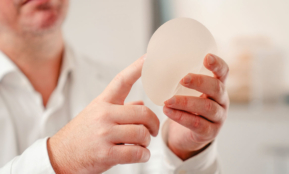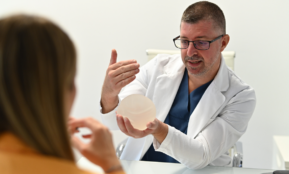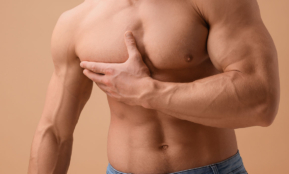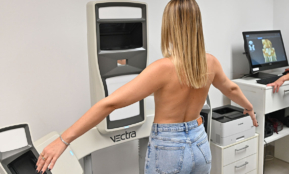Aesthetics
Face
The most modern facial treatments help you look younger, more elegant and happier.
Body
Feel comfortable in your body and correct sources of discomfort.
Chest
Make your wish for a better appearance come true and restore your self-confidence with aesthetic correction.
Hair and scalp
Minimally invasive solutions for hair loss and a natural look.
Issues
Find solutions to some of the most common aesthetic problems.
Treatments
Treatments
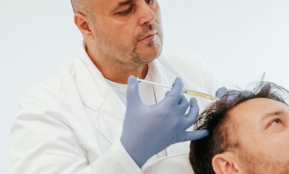
Hair and scalp mesotherapy
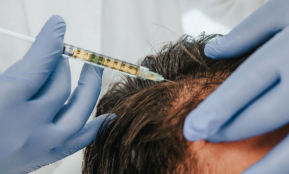
Thinning hair therapy with your own blood

Trichotest – DNA analysis of hair loss and baldness

Hair loss in women – causes and how to prevent it
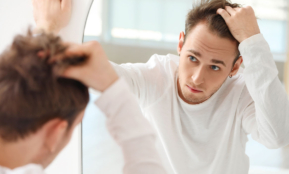
Hair loss in men – causes and how to prevent it
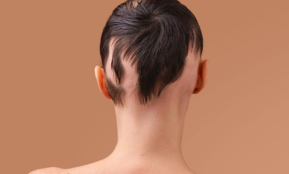
Alopecia – hair loss
FACE
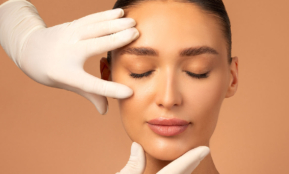
BODY
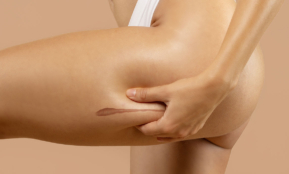
Implantology Center
Different methods of solving the problem of missing one or more teeth.
Prosthetics
The most common solution in cases of functional or aesthetic tooth damage.
Aesthetic Dentistry
Harmonious tooth shaping and tooth color correction according to your wishes.
General Dentistry
Modern and timely diagnostics, treatment and dental hygiene are the key to the health of your teeth.
Issues
Find solutions to some of the most common aesthetic problems.
About us
Locations
Causes of tired eyelids
-
Lack of sleep
The most common cause of tired eyelids is a lack of quality sleep. When we don't get enough sleep, our body fails to fully renew skin cells, which can cause the skin around our eyes to become puffy and loose. Eyelids can appear heavier, and dark circles can become more pronounced.
-
Aging
With age, the skin around the eyes becomes thinner and loses its elasticity. Collagen and elastin, which keep the skin firm and elastic, naturally decline with age. As a result, the eyelids may begin to look droopy or "sag," and wrinkles and fine lines may become more visible.
-
Dehydration
Lack of fluids can lead to dehydration, which causes the skin to become dry and prone to sagging, especially in the delicate eye area. Dehydrated skin can also cause puffiness, as the body retains fluid in an attempt to hydrate itself.
-
Genetics
Some people are naturally prone to droopy eyelids due to their genetic predisposition. If your parents had droopy or puffy eyelids, you are likely to have similar traits. Genetics also play a role in the amount of fat deposits in the eye area, which can contribute to sagging skin.
-
Allergies
Allergies can cause itching, redness and swelling in the area around the eyes, which can create the appearance of tired eyelids. Reactions to dust, pollen, pets or cosmetic products can cause fluid retention in this sensitive area.
-
Excessive sun exposure
Excessive exposure to UV rays can cause skin damage and accelerated aging, which can make the skin around the eyes appear saggy and wrinkled. UV rays break down collagen and elastin, which contributes to sagging skin.
-
Bad habits and stress
Chronic stress and an unhealthy lifestyle (unhealthy diet, smoking, too much alcohol) can accelerate the skin aging process, causing the area around the eyes to look tired and saggy.
Symptoms of tired eyelids
-
Sagging skin
The skin on the eyelids may appear loose, wrinkled, and droop downward.
-
Swelling
Sometimes, due to fluid retention or other causes, the eyelids can appear puffy, creating a "tired" appearance.
-
Dark circles
Puffy skin under the eyes, which is often darker, can contribute to a tired appearance.
-
Wrinkles and lines
With age, wrinkles around the eyes (so-called "crow's feet") can become more pronounced and contribute to the appearance of fatigue.
How to refresh tired eyelids?
-
Good night
The first and most important step to reducing tired eyelids is to ensure you get enough quality sleep. Adults need between 7-9 hours of sleep each night so that the skin can regenerate and recover.
-
Using cold compresses
Cold compresses or wraps can help reduce puffiness and improve circulation around the eyes. You can use cold cloths, gel masks, or even spoons that you have previously placed in the refrigerator.
-
Hydration
Regular hydration is essential for skin health. Drinking enough water internally will help maintain skin elasticity, while using moisturizers or serums around the eyes can prevent dryness and reduce the appearance of tired eyelids.
-
Incorporating vitamins into your diet
Vitamins A, C and E, found in fruits, vegetables and healthy fats, can help maintain skin health and reduce wrinkles and sagging skin. The antioxidants in these vitamins protect the skin from free radicals and reduce the signs of aging.
BLOG SUGGESTION


